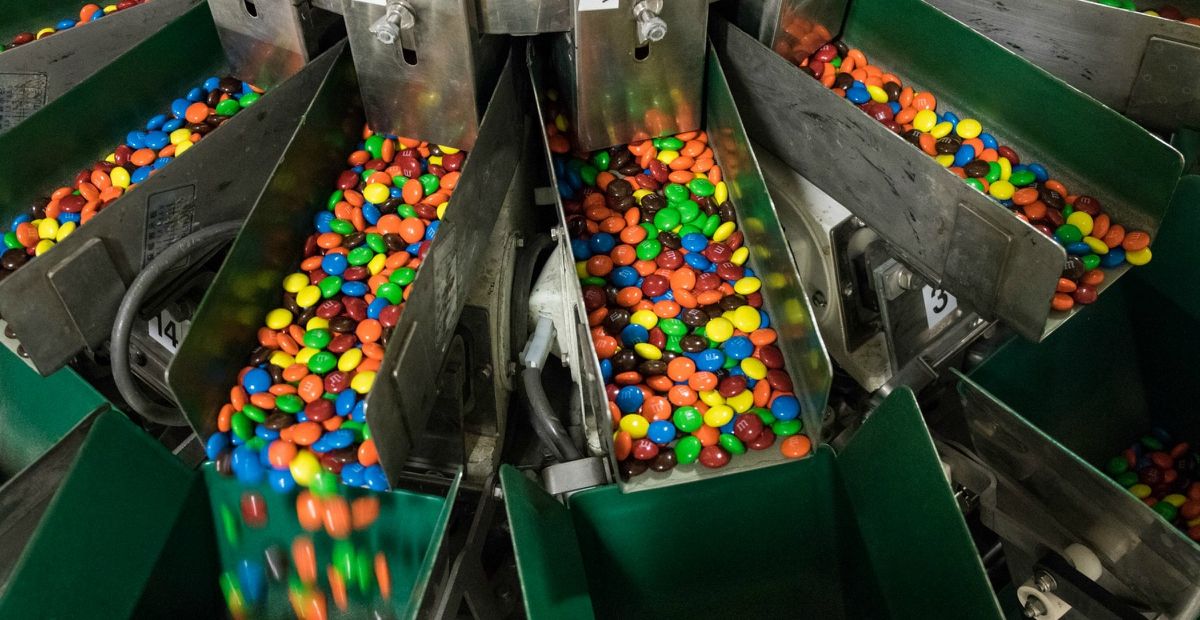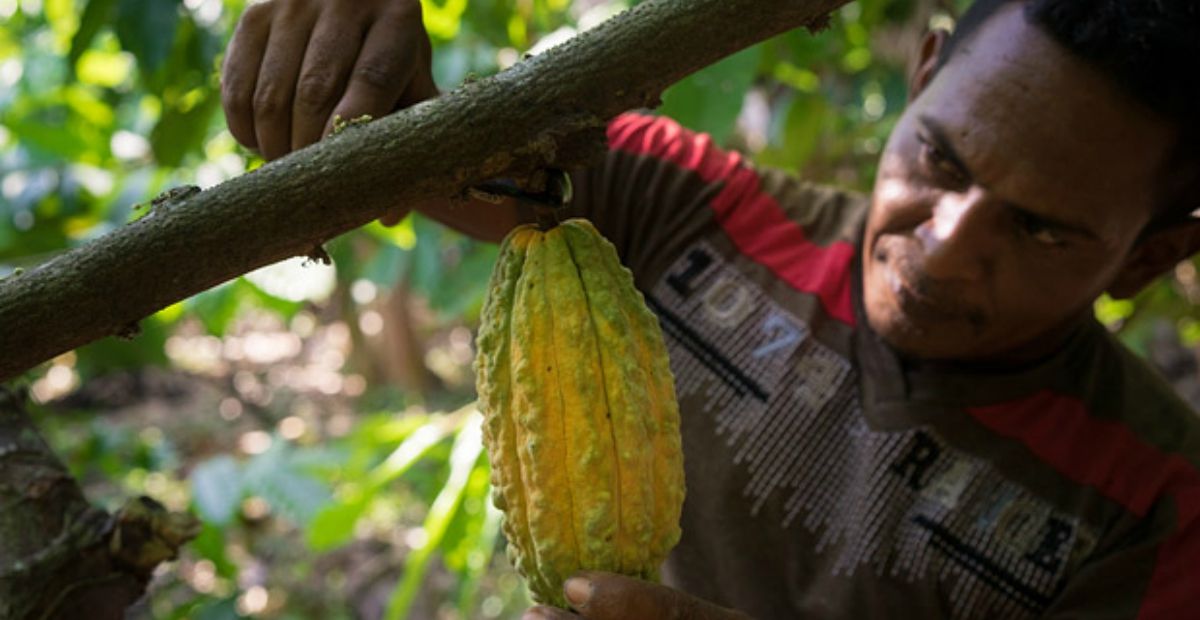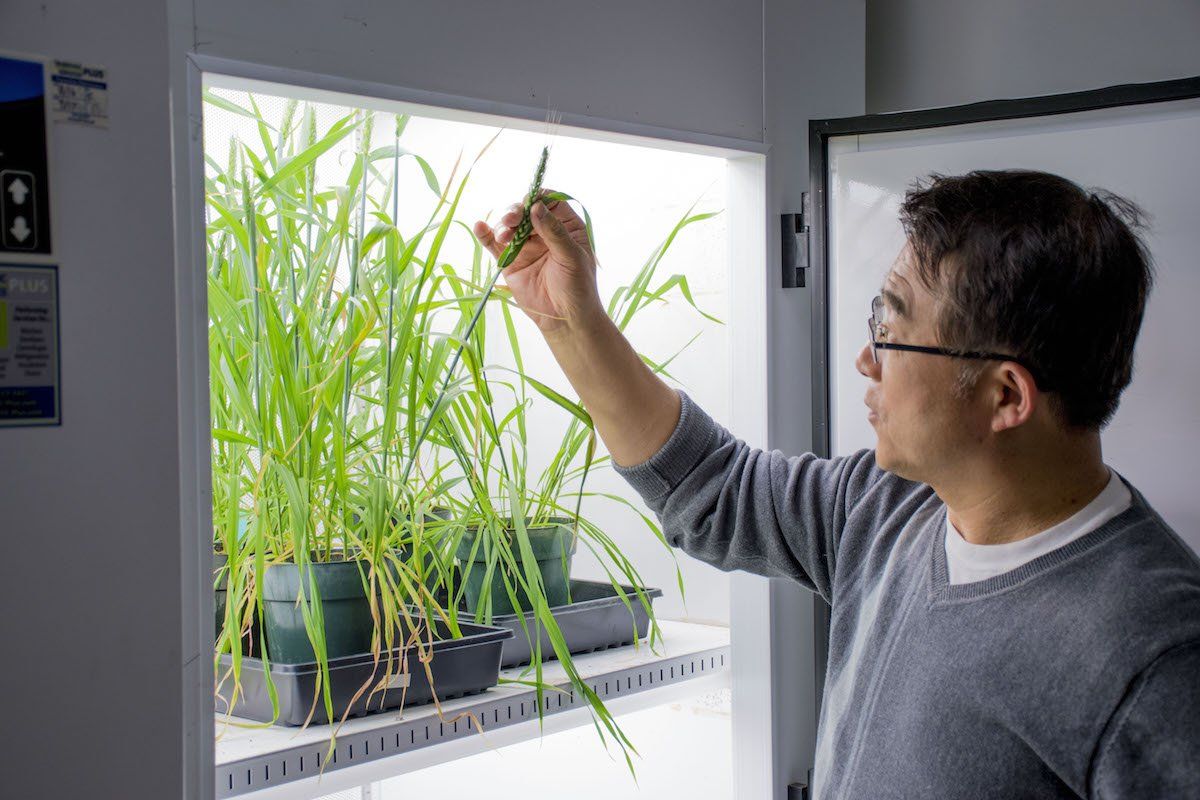Advertisement
Scientists Warn Chocolate May Melt Away in 2050, but There Is Hope
Advertisement - Continue reading below

As the new year begins, there is some not-so-sweet news from scientists at the University of California, who predict chocolate will meet its end by 2050.
Chocolate, which is derived from cacao plants, needs uniform temperatures, abundant rain, and high humidity in order to thrive. In fact, cacao trees thrive in rain forests. More than half of the world’s chocolate now comes from just two countries in West Africa that provide those steady conditions — Côte d’Ivoire and Ghana.

Research highlighted in the Intergovernmental Panel on Climate Change’s 2014 “Impacts, Adaptation, and Vulnerability” report indicated those countries will experience a 3.8-degree Fahrenheit increase in temperature by 2050, creating a marked reduction in suitable cultivation area.
According to business-as-usual carbon dioxide emissions scenarios, as higher temperatures squeeze more water out of soil and plants, it’s unlikely that rainfall will increase enough to offset the moisture loss projected for West Africa by 2050.
In short, the delicious treat — known to make us happy and offer a range of health benefits — is in grave danger thanks to increasingly warm temperatures and dryer weather conditions.
There is hope though. One man is leading the charge to save chocolate. Myeong-Je Cho, the director of plant genomics at the Innovative Genomics Institute at UC Berkeley is teaming up with MARS candy company before it’s too late. Cho is exploring a gene-editing technology called CRISPR to make crops that can survive the new challenges of climate change. CRISPR allows for tiny, precise tweaks to DNA to make crops more reliable.
Rows of tiny green cacao seedlings are the guinea plants — if you will — to see if they are capable of surviving and thriving in the dryer, warmer climates that threaten their existence.

Mars — the $35 billion corporation best known for Snickers — is “all in” to help chocolate cope with climate change. In September, the company pledged $1 billion to “Sustainability in a Generation,” which aims to reduce the carbon footprint of its business and supply chain by more than 60% by 2050.
“We’re trying to go all in here. There are obviously commitments the world is leaning into but, frankly, we don’t think we’re getting there fast enough collectively,” Barry Parkin, Mars’ chief sustainability officer, told Business Insider.
If all goes as planned, Cho and his team could develop cacao plants that don’t wilt or rot at their current elevations as the planet warms.
That’s hopeful news for chocoholics, rather than having their guilty pleasure just melt away. Watch the video below for more info, and SHARE this news to spread the word.
Advertisement - Continue reading below










